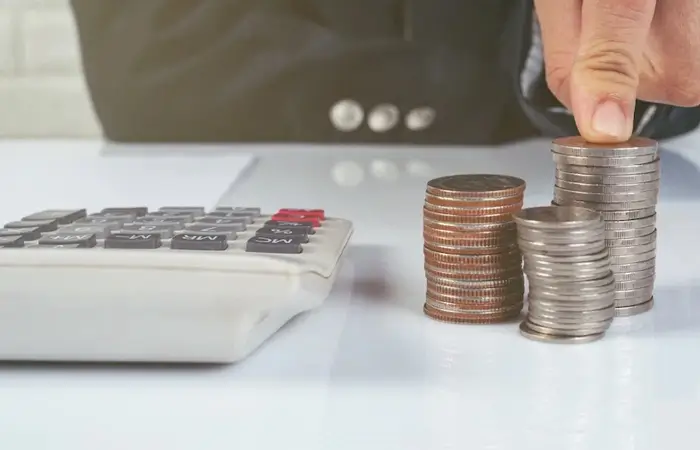Telegram
Skype
Signal

Gmail
UAE | India | USA | China | Germany | Japan | UK | Singapore | Australia | Italy | Canada
According to the requirements of the Indian budget for 2022-23, all crypto income would be taxed at a flat 30% rate. The government has also imposed a 1% tax deducted at source (TDS) on all cryptocurrency transactions, regardless of profit or loss.
While the much-anticipated cryptocurrency bill, which was supposed to be introduced in Parliament during the winter session, has been postponed, the Center is planning to change the income tax rate for bitcoin investors in the next budget. Many people are already paying crypto taxes on their bitcoin profits as 'capital gains.'
Cryptocurrencies have not yet been accorded legal tender status by the government. In 2018, the RBI attempted to impose a ban by limiting banking services to cryptocurrency exchange. The Supreme Court, however, reversed the ban. The government is considering revisions to income tax legislation to bring cryptocurrencies into the tax net, as well as other reforms that could be included in the Budget for 2022-23. During the forthcoming Budget, the Center is likely to define cryptocurrency as "capital assets," comparable to US and UK regulations. The tax burden on cryptocurrency investors might grow to anywhere between 35 and 42 percent, according to the Economic Times.

"If crypto profits are defined as 'capital assets,' they may be recognised as 'capital gains' under direct taxes." When these assets are classed as capital gains on crypto, the next consideration is whether the holding period for these assets should be deemed short or long term. We recommend a three-year period; assets held for more than three years should be considered long-term assets. The next topic is whether cost indexation should be allowed, and whether a 20 percent tax rate concession should be considered for long-term ownership. Sources claim that short-term gains are taxed at slab rates.
In other words, if crypto assets are kept for less than three years, a short-term cryptocurrency capital gain tax will be imposed. If crypto-assets are sold after three years, they will be classified as long-term investments and taxed at a rate of 20% with an indexation advantage.
Another factor to consider when reporting business income is whether or not GST should be applied. "Because the purchase and sale of cryptos may be deemed a supply of goods or services, they may be subject to the Goods and Services Tax. The Central Economic Intelligence Bureau (CEIB) has proposed that bitcoin be classified as intangible assets and that all cryptocurrency transactions be subject to GST. Since the government has yet to specify its taxability and the proposal is still being contested, an 18 percent general rate may be applied in the future." Sources stated, "Forward."


The government could consider levying TDS/TCS on the sale and purchase of cryptocurrencies above a certain threshold, and that such transactions should be brought within the ambit of specified transactions for the purpose of reporting to income tax authorities as said by sources. The sources even suggested that the money derived from the sale of cryptocurrency be taxed at a higher rate of 30%, akin to lottery, game show, and puzzle profits.
Tokyotechie will help the cryptocurrency community in taxation consultation. If you are confused and unable to understand the concept we are here as a taxation consulting for cryptocurrency exchange services and assist you with the same. Our team of experts have years of experience in taxation and have complete knowledge regarding tax on cryptocurrency. So don’t get more confused and get in touch with us for any assistance regarding taxation consulting for cryptocurrency exchange services in India. We are here to help.